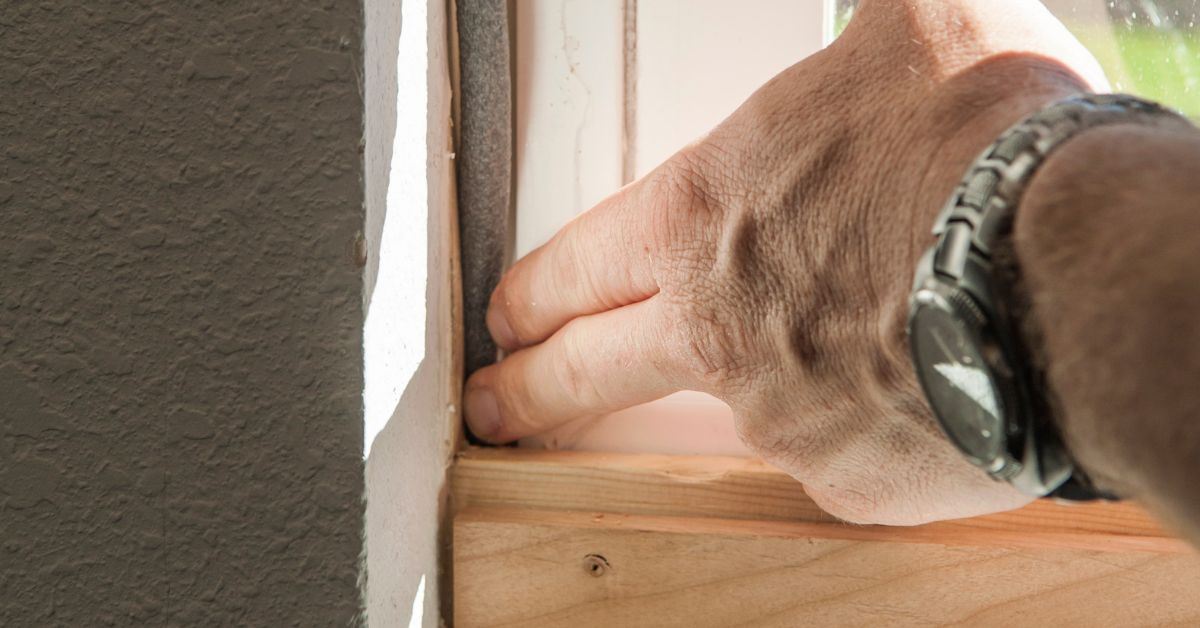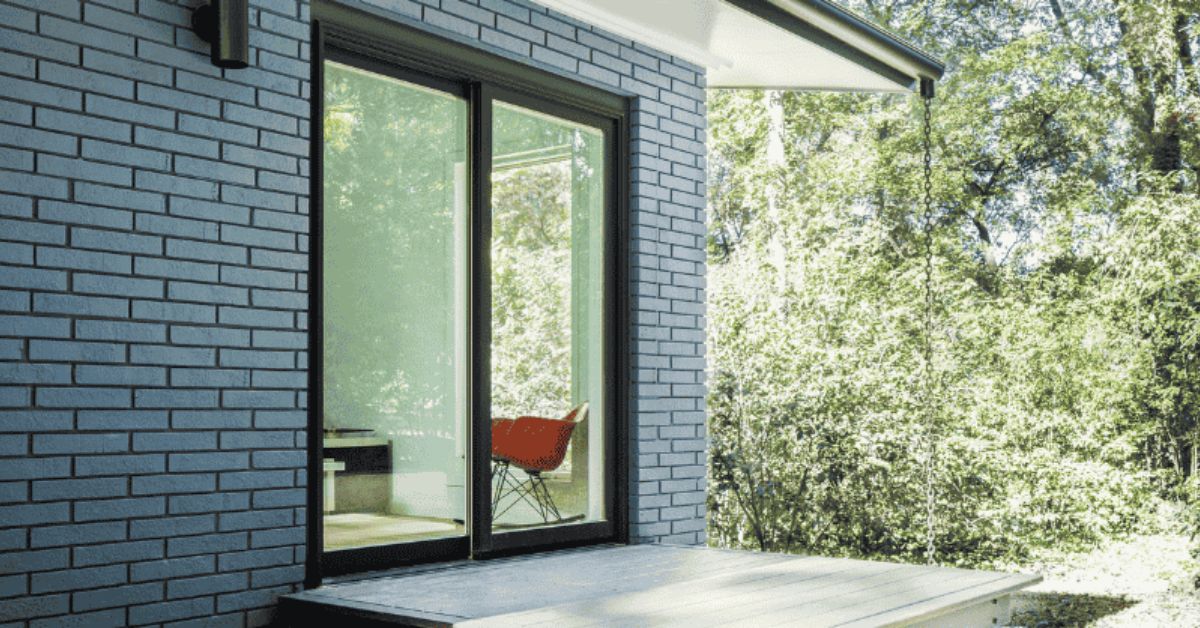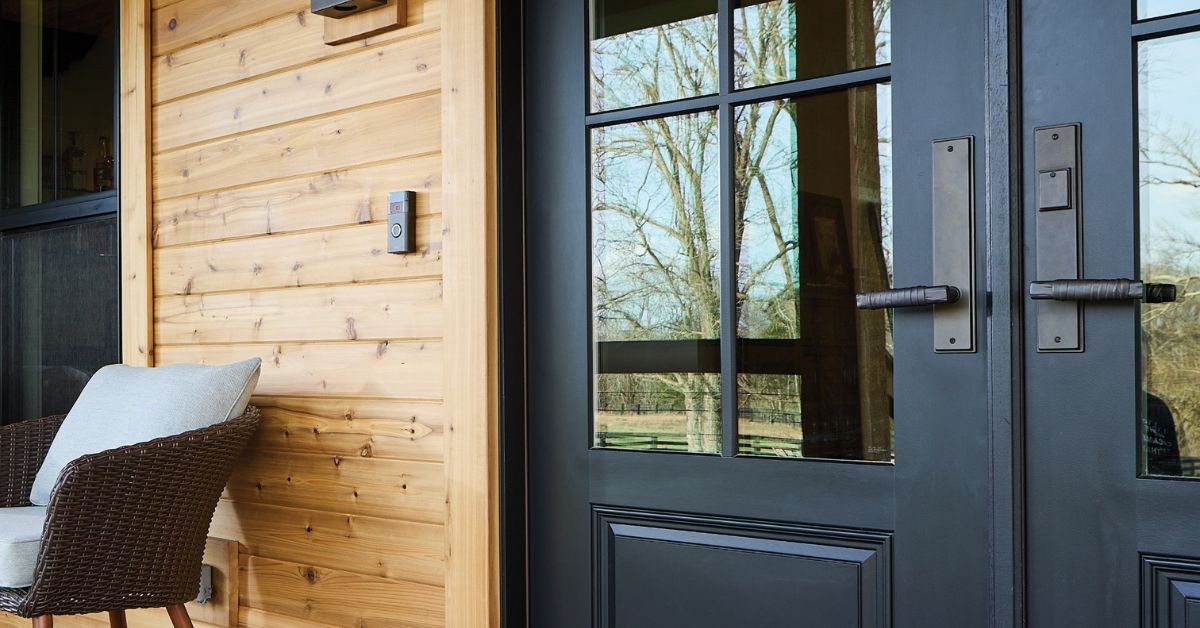Loading component...
Loading component...
Filter by:
Filter by:
Welcome back to our series on windows and doors! In our last article, we explored how insulation materials like polyurethane and polystyrene contribute to energy-efficient doors. Today, we turn our attention to a crucial finishing touch that ensures those materials perform at their best: weatherstripping and sealing.
Even the most insulated door can fall short if air and moisture seep through gaps around its edges. Weatherstripping and sealing are essential for maintaining indoor comfort, reducing energy costs, and protecting your home from the elements. Let’s explore the types of weatherstripping, installation tips, and how these components enhance energy efficiency in Canadian homes.

In Canada’s variable climate, exterior doors face everything from icy winds to humid summer air. Without proper sealing, these doors can become major sources of energy loss. Weatherstripping and sealing help by:
These benefits are especially important in older homes or buildings with high traffic, where door gaps tend to widen over time.

Choosing the right weatherstripping depends on your door type, climate, and usage. Here are the most common options:
| Type | Best Use | Pros | Lifespan |
|---|---|---|---|
| Foam Tape | Irregular gaps, door frames | Easy to install, inexpensive | 1–3 years |
| V‑Strips (Tension Seals) | Door sides and tops | Durable, tight seal | 3–5 years |
| Rubber/Silicone Gaskets | High‑traffic exterior doors | Flexible, weather‑resistant | 8–10 years |
| Door Sweeps | Bottom of doors | Blocks drafts and pests | 5–7 years |
| Felt Strips | Temporary or low‑use areas | Cheap, easy to apply | 1–2 years |
Each material offers unique advantages. For example, rubber gaskets are ideal for harsh winters, while foam tape works well for quick fixes in milder climates.

Proper installation is key to getting the most out of your weatherstripping. Here are some best practices:
Regular maintenance, such as checking for wear and replacing damaged strips, will keep your seals effective year-round.

While weatherstripping itself isn’t rated by ENERGY STAR®, it plays a vital role in helping doors meet Canadian energy standards. Proper sealing contributes to:
Together with insulated cores and energy-efficient glazing, weatherstripping completes the energy-saving package.

Weatherstripping and sealing are simple yet powerful tools for improving door performance. Whether you're upgrading an older home or building new, investing in quality seals can lead to significant energy savings and enhanced comfort.